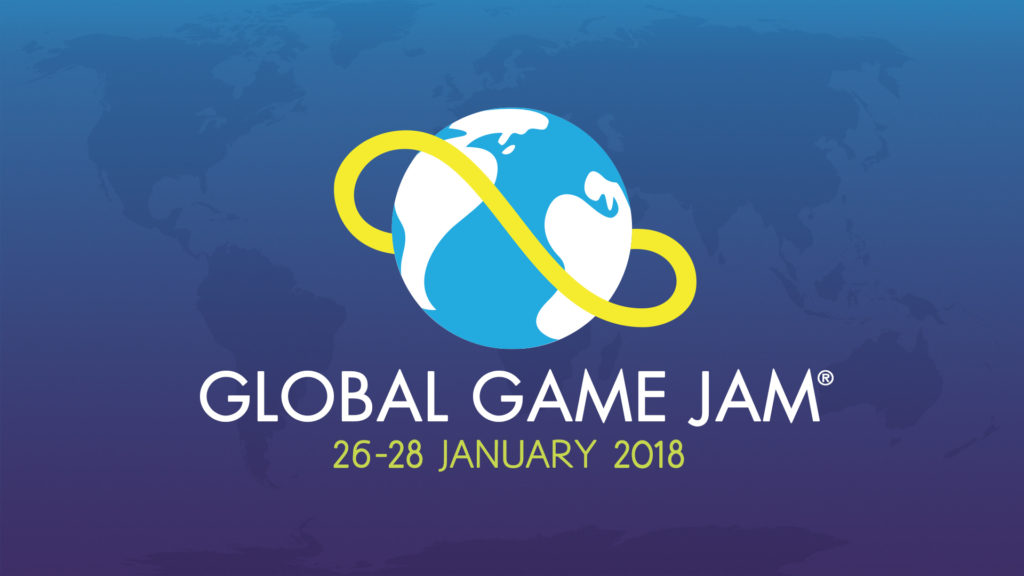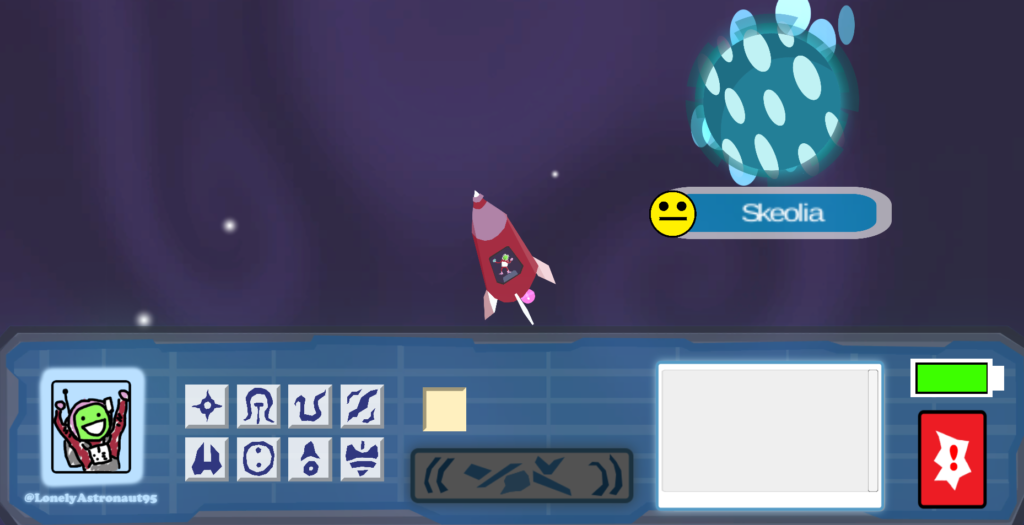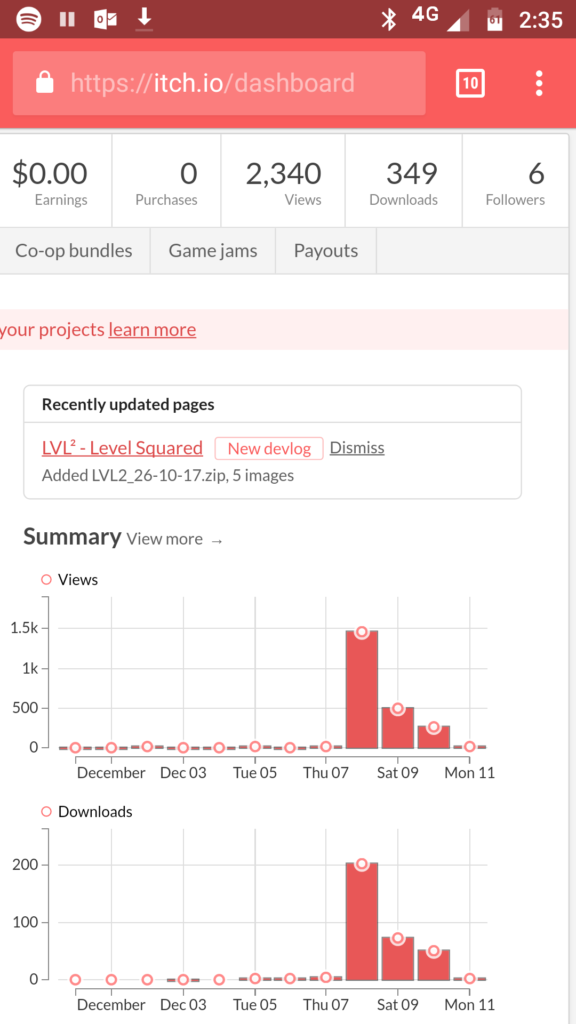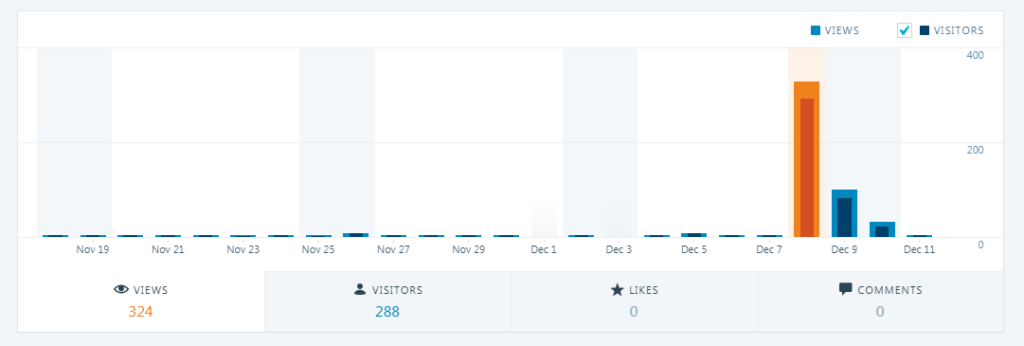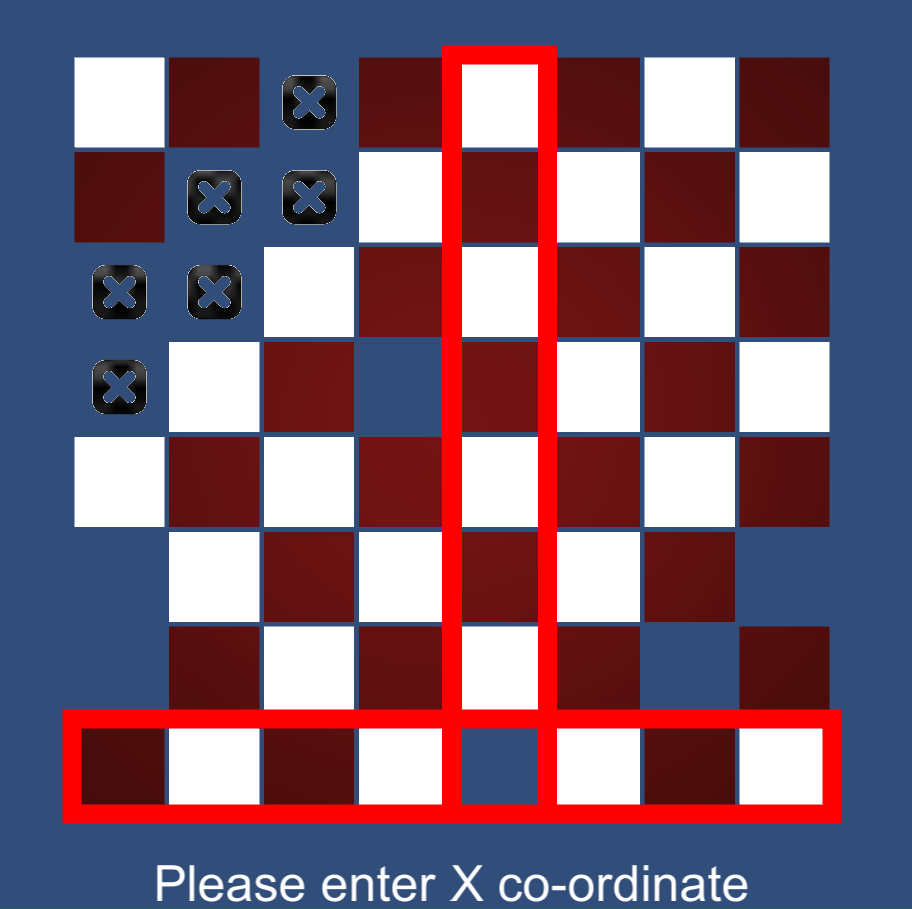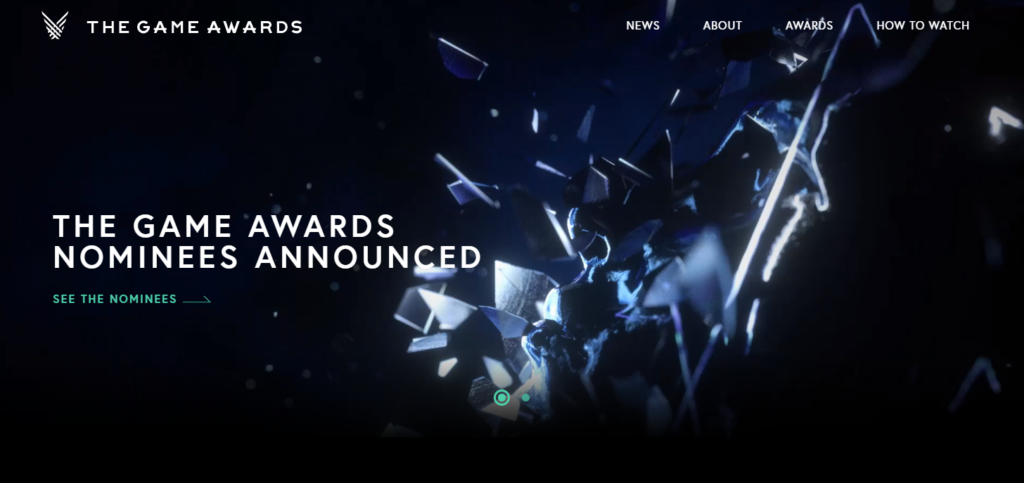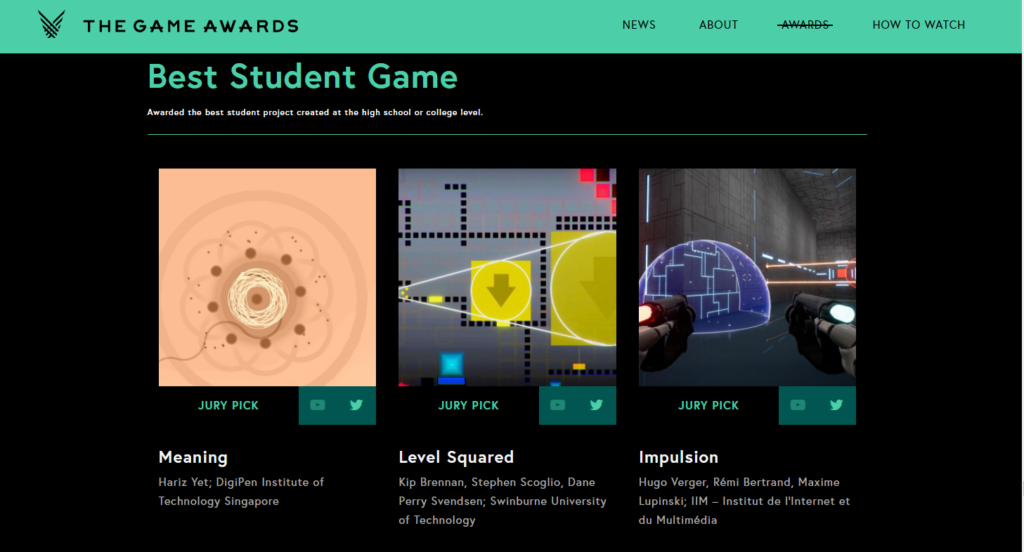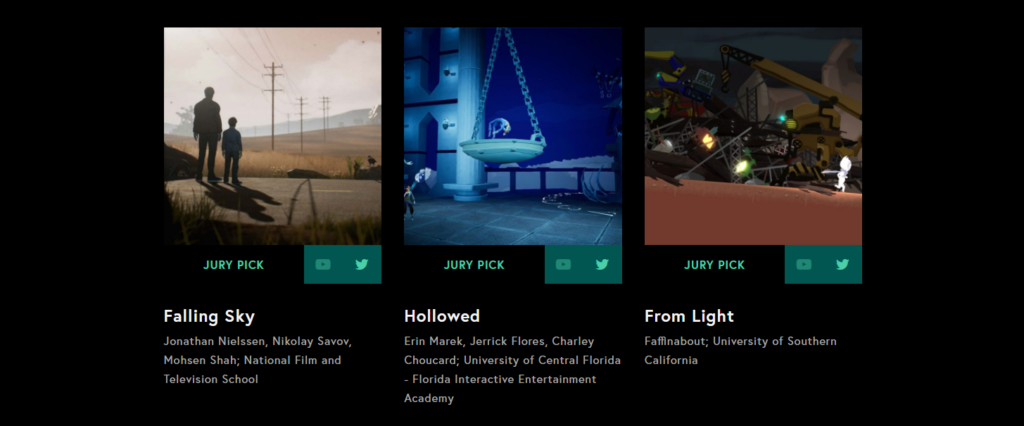Last week I talked about what we doing this year.
This week, I’m going to talk about some of the hurdles that we have identified, and that are going to make it difficult for us to achieve the goals we have set for ourselves.

First of all, we are a fledgling group of game developers without any experience at running a development company or in developing a product for release. Up to this point, the lion’s share of our development has been done in a class environment, and directed by university course requirements.
That has now ended. We are operating entirely under our own steam, and don’t have to answer to anyone. In addition, we have lost access to a lot of the resources that we had through uni. This includes rooms, computers, software and support services.
This hasn’t caused any significant problems to date, but it’s going to take extra effort by the whole team to make sure we stay focused and on track, and don’t let things slip just because no-one else is keeping an eye on us.
Following on from that, there are a bunch of other problems that come along with being a new development team.
We don’t have any money. So we can’t rent any office space to develop in and we can’t pay ourselves while we develop. And because we can’t afford to pay ourselves, we also can’t afford to not have other jobs (bills still need paying, yo), and that takes a significant amount of potential development time away.
So now we are reduced to doing development in our reduced spare time, and having to meet up whenever we can manage, at whatever place we can find that can fit us in.
Add to that, we are brand new to this, so there is a very good chance that there are a number of things that we don’t even know about yet.
Hmm, yeah sorry. Not a particularly cheery post this week. (Actually, I did a bit of a trawl through the older posts in the last week, and MAN, those first few weeks were miserable! It’s hard to remember a time when I felt that bad about what we were working on.)
On the brighter side, we are at least aware of these issues, and doing our best to address them as best we can, with the resources available to us.
All we can really do at this point is our best. Accept that we are going to make mistakes, and that this is going to be a hard slog over the course of the year as we try to make this pretty good demo that we have into a great game that thousands (millions?) of people are going to want to buy.
It’s not much fun to take a look at all of the problems that you are facing and just accept that they are going to be problems, but I think it’s better to do that than to bury our heads in the sand and just trust that it’s all going to work out.
Tune in next week for more of these super fun happy times!
